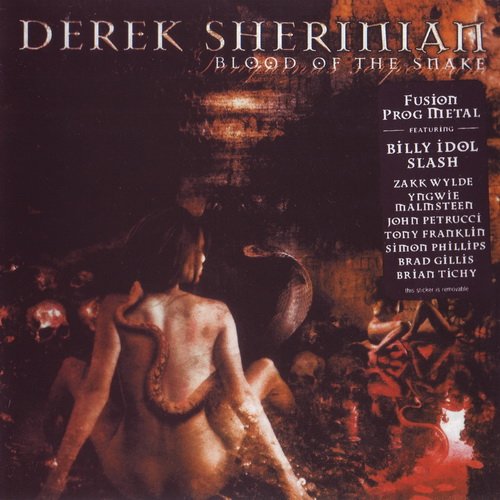Margaret Leng Tan - Cage: The Works for Piano, Vol. 7 (1999)
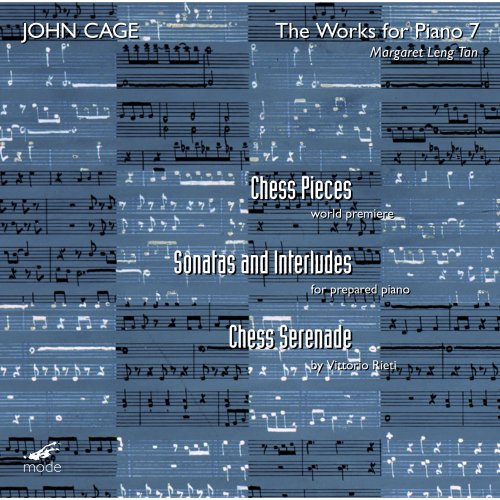
Artist: Margaret Leng Tan
Title: Cage: The Works for Piano, Vol. 7
Year Of Release: 1999
Label: Mode Records
Genre: Classical
Quality: FLAC (tracks)
Total Time: 01:09:14
Total Size: 265 Mb
WebSite: Album Preview
Tracklist: Title: Cage: The Works for Piano, Vol. 7
Year Of Release: 1999
Label: Mode Records
Genre: Classical
Quality: FLAC (tracks)
Total Time: 01:09:14
Total Size: 265 Mb
WebSite: Album Preview
1. Chess Pieces (1944) 7:48
Sonatas And Interludes (1946-48)
2. Sonata I 2:43
3. Sonata II 1:57
4. Sonata III 2:30
5. Sonata IV 2:29
6. First Interlude 3:28
7. Sonata V 1:35
8. Sonata VI 2:05
9. Sonata VII 2:02
10. Sonata VIII 3:06
11. Second Interlude 4:08
12. Third Interlude 2:38
13. Sonata IX 4:05
14. Sonata X 3:10
15. Sonata XI 3:20
16. Sonata XII 2:57
17. Fourth Interlude 2:43
18. Sonata XIII 4:07
19. Sonata XIV & XV "Gemini" 5:59
20. Sonata XVI 4:56
21. Chess Serenade (1944) 1:28
Performers:
Piano – Margaret Leng Tan
The seventh volume of John Cage's piano works -- or Volume 34 of the Complete John Cage Edition, if you prefer -- features a transcendent performance of the Sonatas and Interludes for Prepared Piano (1948) meticulously rendered by avant-garde keyboardist extraordinaire, Margaret Leng Tan. Yet Volume 2 in this series features a 1994 recording of the same work, played by Philipp Vandre. For those aiming to collect the full series, this may be an annoyance, but others catching these CDs as they are released will surely appreciate having Tan's superb interpretation of the Sonatas and Interludes, with premiere recordings of Cage's long-lost Chess Pieces for piano (1944) and Vittorio Rieti's Chess Serenade (1944) as bonuses, rather than search for the older disc of the single work. But despite seeming redundant, this CD is clearly one to get: Tan is simply remarkable in the Sonatas and Interludes, giving a realization that is scrupulous in execution, deep in sonic dimensions, and luminous in color. The differences in sonorities between this album and others are immediately noticeable, especially in this recording's superior resonance and crystalline details; anyone who already knows this work will recognize that Tan's interpretation is truly Cagean in its poetic nuances and hypnotic power. So without disparaging other recordings for being less authoritative -- certainly, Tan holds a considerable advantage for having worked closely with Cage in his final years -- it is safe to say that fans of his most popular piano work will give this album full marks. Mode's sound quality is ideal, too, so this CD receives the highest recommendation.
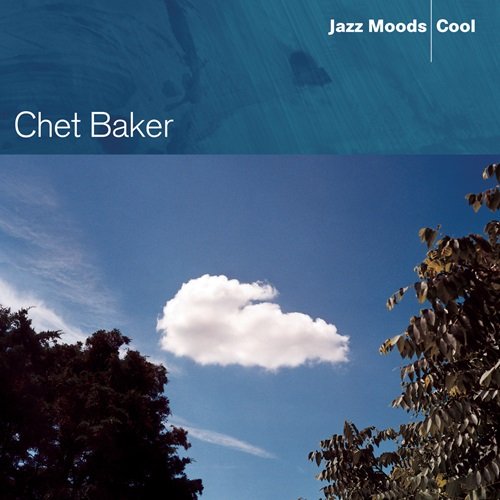
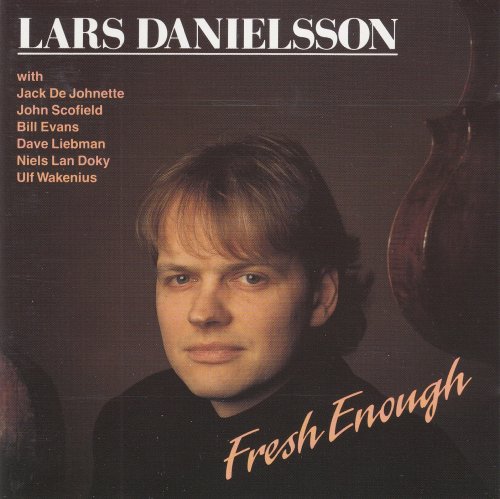

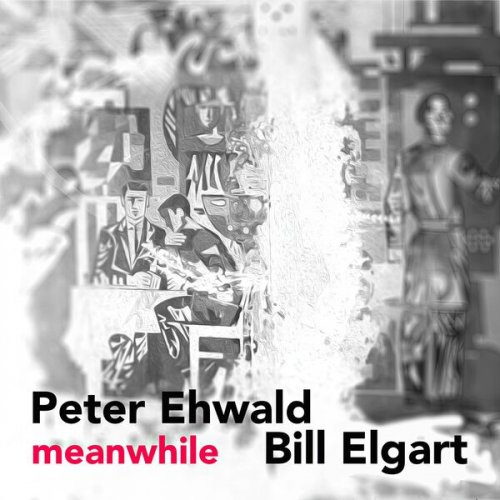
![Barre Phillips - Three Day Moon (1978/2025) [Hi-Res] Barre Phillips - Three Day Moon (1978/2025) [Hi-Res]](https://www.dibpic.com/uploads/posts/2025-12/1766322384_cover.jpg)
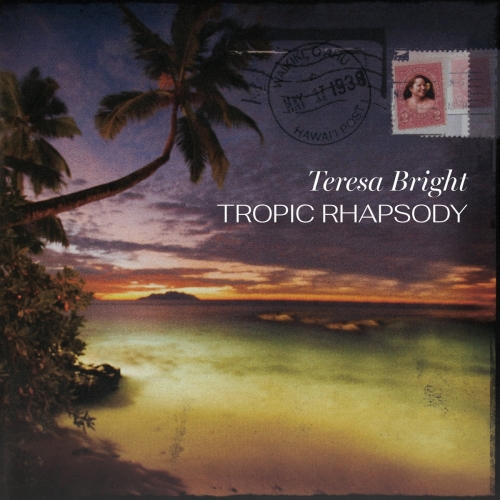
![Don Cherry, Nana Vasconcelos & Collin Walcott - Codona (1979/2025) [Hi-Res] Don Cherry, Nana Vasconcelos & Collin Walcott - Codona (1979/2025) [Hi-Res]](https://www.dibpic.com/uploads/posts/2025-12/1765970766_cover.jpg)
